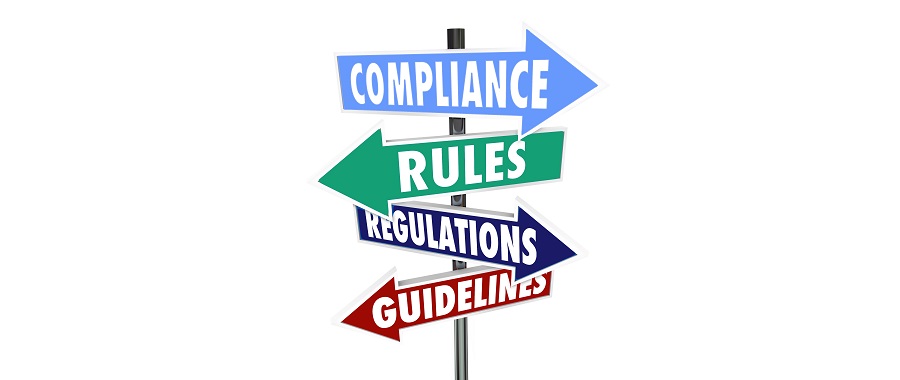Results of the analyses are expected to contribute to the assessment of changes in trade patterns between Georgia and CAREC countries due to upcoming EU food safety regulations and standards as well as potential costs associated with those restrictions for both parties.
The study explores whether additional food safety regulations contribute to international trade, or hinder it, as the additional regulations imply additional costs for producers and consumers likewise.
The aim of the study is (1) to identify key trade partners within CAREC regions, (2) to study the existing trade agreements (TAs) with them, and (3) review existing and upcoming regulations related to identified major export-import flows. The latest step involves consultations with expert panel, who contribute to listing the main SPSQ regulations and standards that affect trade flows of respective products.
Additionally, the research measures the value of Stringency Index (based on Melo et al (2013) approach) for Georgia in order to assess the impact of additional regulations on imports from selected CAREC countries and also employs a Gravity Model approach to analyze the effect that stricter regulations and standards, as perceived by experts, has on respective product flow in Georgia.
The results of the analyses are expected to contribute to the assessment of changes in trade patterns between Georgia and CAREC countries due to upcoming the EU food safety regulations and standards as well as potential costs associated with those restrictions for both parties. From a policy perspective, the study will contribute to public policy design to push forward the existing or expected trade flows to benefit from regional integration to CAREC countries.











